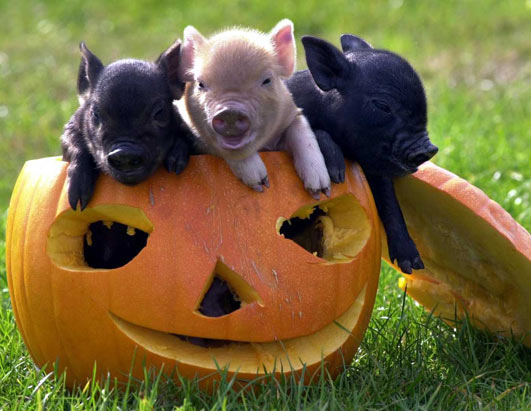Cucumber. Tomato. Pig. Horse. A veritable cornucopia of crops and livestock. And from it will doubtless emerge fascinating scientific insights.
- “[H]orses have a newly forming part in their genetic make-up which shows the evolutionary process in action in a way that has not been seen before.”
- “[N]ew research applications and innovations at many points in the pork chain.”
- “[F]ar more is going on in the phloem than anybody … had previously expected.”
(The tomato is just an advanced map; no giant claims there, yet.)
This is really important science, no doubt about it. But I’d like to see a moratorium on claims that any of this is going to improve anybody’s food security. It hasn’t, yet. And personally I doubt that it ever will, but maybe that’s just me. I bought into the dream along with everyone else. Back in 1982 I agreed that cereals would fix their own nitrogen, that photosynthesis would be rejigged to become more efficient, that seed storage proteins would be made more completely nutritious.
The thing is, cereals don’t need to be engineered. It might help, but it hasn’t happened yet and in the meantime legumes are there to take up the slack. Changing C3 plants into C4 plants hasn’t happened yet either, and one has to wonder how much it will help poor farmers in the hot environments that make C4 more efficient. Seed storage proteins have been rejigged; Monsanto built a high-lysine maize, but it vanished more or less without trace because conventionally-bred high-lysine maizes are far cheaper and more attractive to the small-scale farmers who really need better nutrition. Nobody back then was too worried about drought or flooding; tolerance to submersion has now been engineered into rice and could be useful.
Overall, though, I wonder how much more progress might have been made had “ordinary” plant breeding been as easy and attractive as messing about with DNA directly. I also wonder how many surprises like this one are in store:
Indirect costs of a nontarget pathogen mitigate the direct benefits of a virus-resistant transgene in wild Cucurbita
Translation: Transgenic squashes — and almost all of them being grown commercially in the US and Mexico are transgenic — are protected from zucchini yellow mosaic virus. Plants that carry the resistance genes suffer considerably more wilt disease as a result. Hey ho, let’s see if we can add wilt resistance to the mix, shall we?
